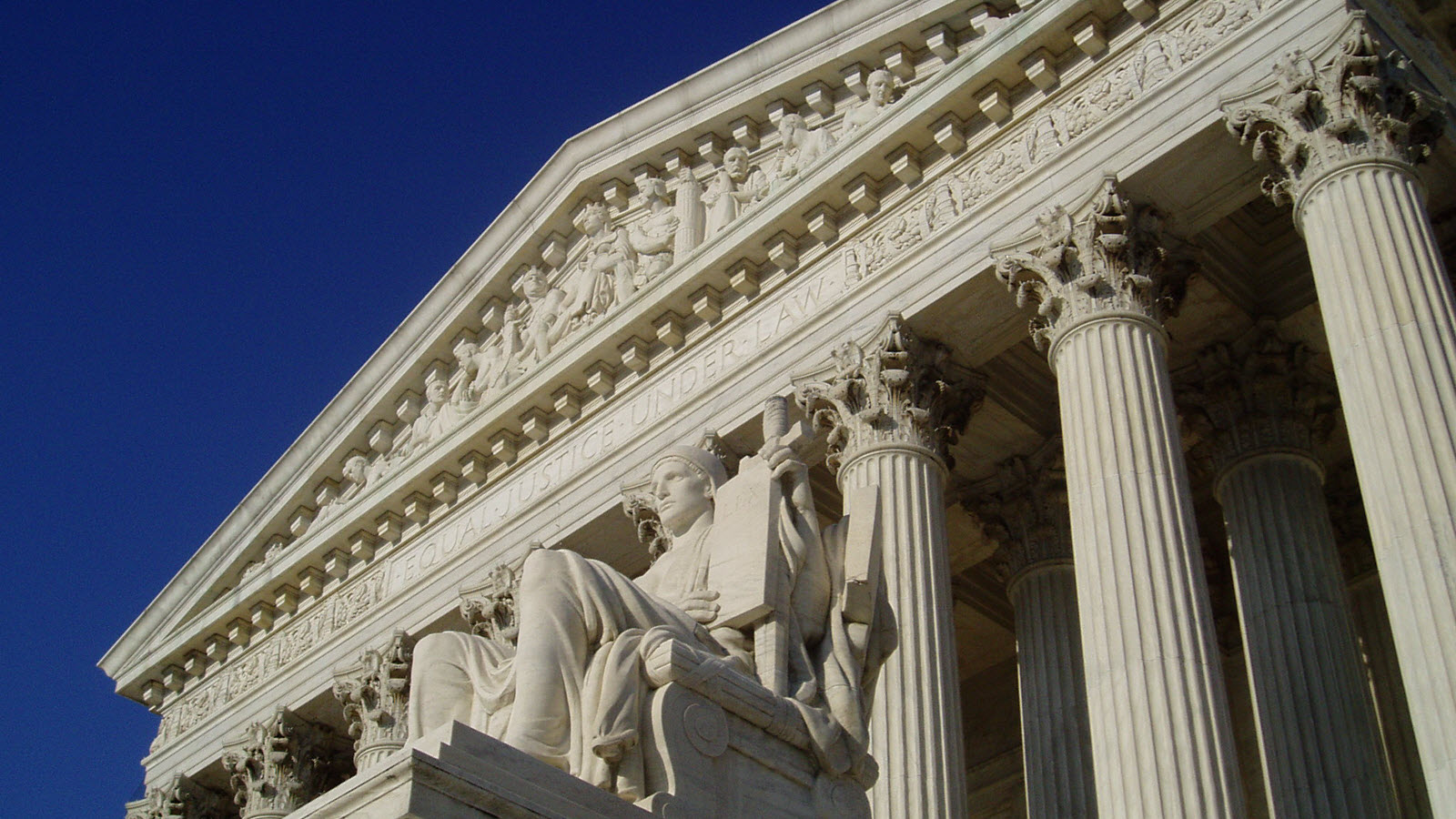Justice Thomas Slams His Own Brand X Decision

The smarter way to stay on top of the multichannel video marketplace. Sign up below.
You are now subscribed
Your newsletter sign-up was successful
The Supreme Court's 2005 Brand X decision upholding the FCC's authority to classify broadband as an information service not subject to mandatory access common-carrier regulations has a new foe--the author of the decision.
Justice Clarence Thomas, in dissenting from a petition to review Brand X in the context of a different case--the court denied the petition to review--Thomas said: "Although I authored Brand X, 'it is never too late to ‘surrende[r] former views to a better considered position.'
Related: Judge Gorsuch No Fan of Chevron Deference
He has apparently surrendered.
In the 2005 Brand X decision, which was about the classification of Internet access service, the court ruled that Chevron deference trumped an appeals court decision because that court had found the statute vague and, in such cases, the court should defer to the federal agency's subject matter expertise, in this case the FCC.
Thomas said that he now believes that Brand X "appears to be inconsistent with the Constitution, the Administrative Procedure Act (APA), and traditional tools of statutory interpretation."
Thomas was not talking about whether the decision to classify ISPs as information services was the right one as a matter of policy, but instead was saying that the court's decision to grant the FCC so-called Chevron deference insulated it from the court's proper oversight role.
The smarter way to stay on top of the multichannel video marketplace. Sign up below.
Thomas said that Brand X "has taken this Court to the precipice of administrative absolutism." And while he had entertained in the past the possibility that "there is some unique historical justification for deferring to federal agencies, [i]t now appears to me that there is no such special justification and that Chevron is inconsistent with accepted principles of statutory interpretation from the first century of the Republic."
In Brand X, he said, the court held that “if [a] statute is silent or ambiguous with respect to the specific issue, the question for the court is whether the agency’s answer is based on a permissible construction of the statute.” he said that decision rested on a "fiction" that "silent or ambiguous statutes are an implicit delegation from Congress to agencies."
Thomas said the Chevron deference at the heart of Brand X compels judges to abdicate their judiciary oversight role, which is independent judgment, judgment that Chevron deference unconstitutionally trumps. "This apparent abdication by the Judiciary and usurpa tion by the Executive is not a harmless transfer of power," he argues.
Thomas suggested it was time to revisit Brand X and in doing so, "consider taking a step away from the abyss."
Contributing editor John Eggerton has been an editor and/or writer on media regulation, legislation and policy for over four decades, including covering the FCC, FTC, Congress, the major media trade associations, and the federal courts. In addition to Multichannel News and Broadcasting + Cable, his work has appeared in Radio World, TV Technology, TV Fax, This Week in Consumer Electronics, Variety and the Encyclopedia Britannica.

